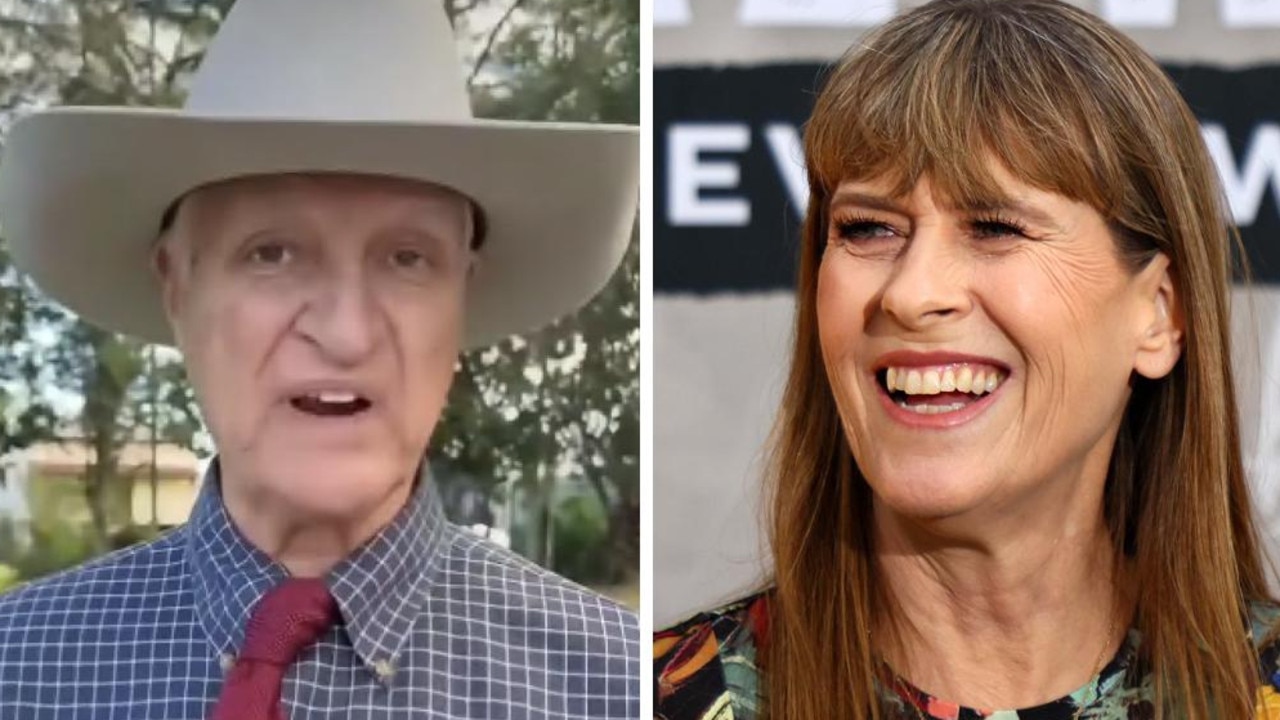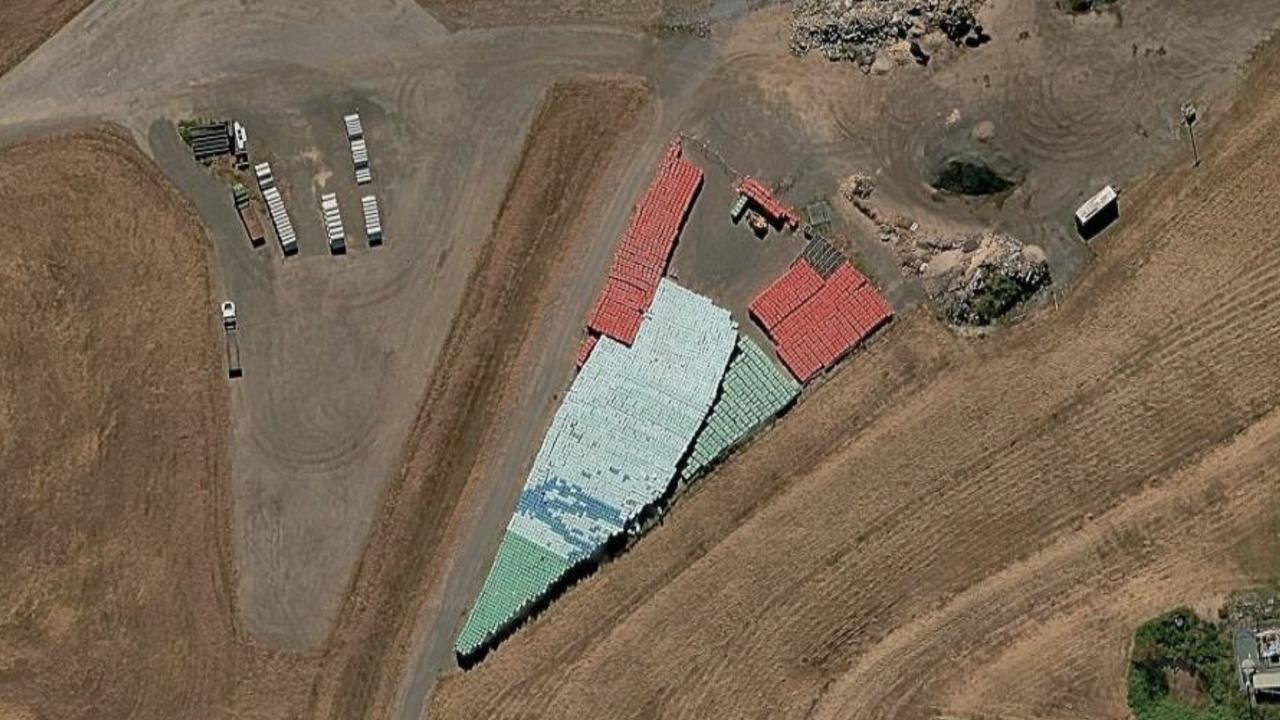‘Handed over’: Ten Victorian councils blindsided by sweeping Aboriginal land rights deal
An Aboriginal group would be given “unprecedented” control over 10 Victorian councils under sweeping proposals in a secret deal signed by the Andrews government.
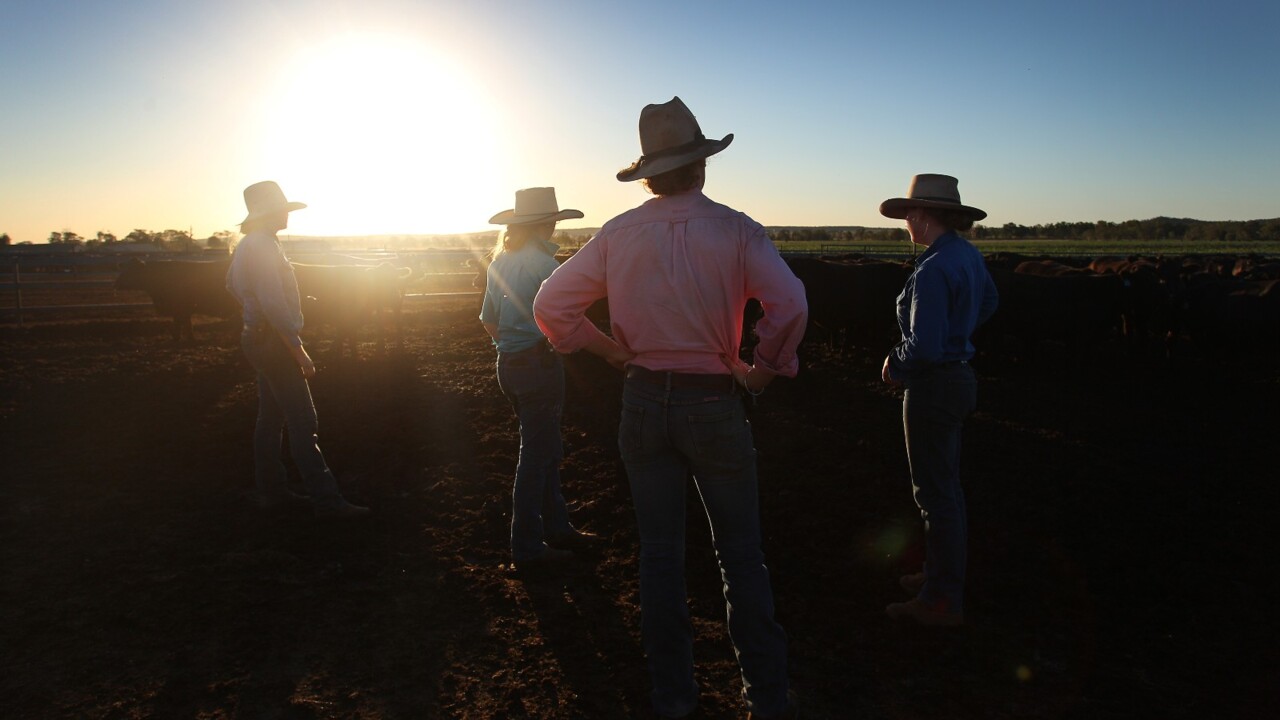
EXCLUSIVE
Ten Victorian councils covering an area half the size of Tasmania have been blindsided by a settlement agreement that includes a list of proposals that would hand Indigenous groups sweeping powers to rename all roads, bridges and public spaces, co-manage waterways and biosecurity, as well as “preferential” access to council procurement contracts and jobs.
However, the government insists the deal “does not contain legal obligations” or impact current laws and regulations, and instead is an “aspirational” list of ways the traditional owners would like to work with councils, with the help of state authorities.
“We’re not allowed to name roads anymore,” said West Wimmera mayor Tim Meyer, commenting on the proposals in the agreement.
“The land council has to tell us what the road names are going to be from now on. [Legendary AFL coach] Alastair Clarkson’s a local boy here – there’s no chance of ever getting a road named after him now.”
Some local mayors fear that, similar to the experience of the shambolic rollout of Western Australia’s controversial new cultural heritage laws, the agreement will give Indigenous groups effective “veto” power to halt a wide range of activities without approval.
“The land council has to be consulted on everything and you’ve got to pay for that consultation,” said Cr Meyer. “We don’t know [how much it will cost]. They might say it’s 20 bucks an hour, they might say it’s 1000 bucks an hour. We don’t know.”
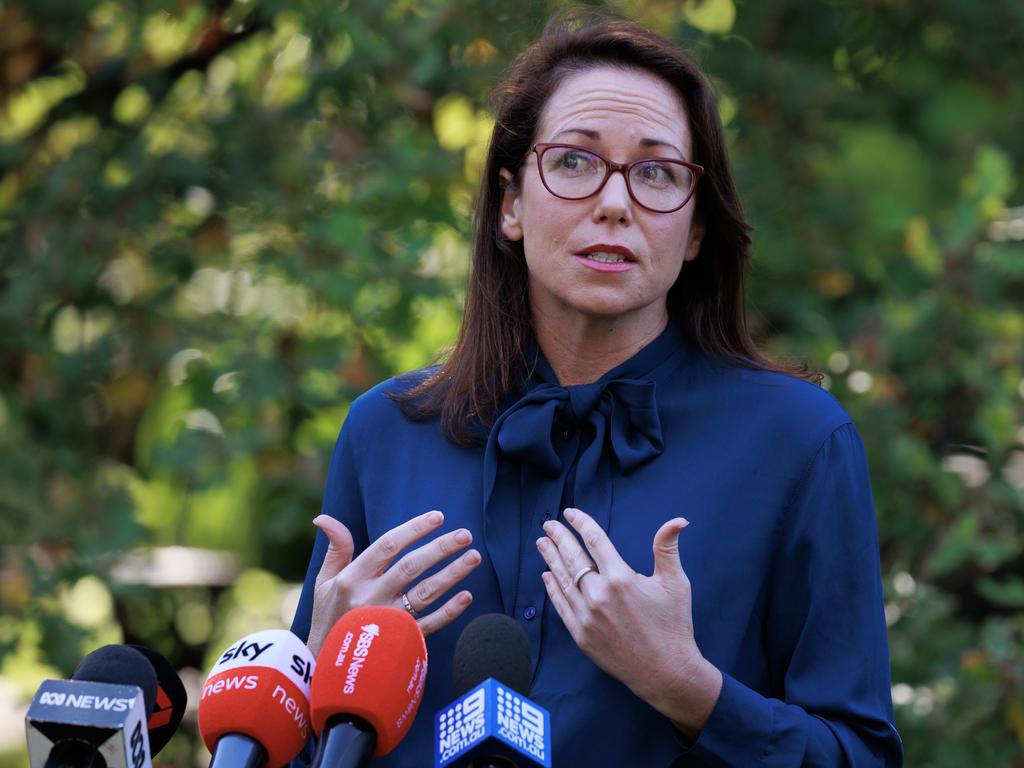
‘Justice and self-determination’
Victorian Attorney-General Jaclyn Symes signed the “expanded settlement package” with the Wotjobaluk, Jaadwa, Jadawadjali, Wergaia and Jupagulk (WJJWJ) Peoples last October, but the affected councils claim they were not included in the negotiations and were only made aware of the deal just over a month ago when it was presented to them as a “fait accompli”.
The agreement, which will be administered by the Barengi Gadjin Land Council (BGLC), covers 10 council areas in Victoria’s northwest – Mildura, West Wimmera, Northern Grampians, Southern Grampians, Buloke, Hindmarsh, Pyrenees, Yarriambiack, Horsham and Ararat – a total area of nearly 36,000 square kilometres.
The agreement “builds on our existing native title recognition” and is a “significant and respectful further step towards redressing the devastation and destruction that was brought about by the unjust dispossession of our family, country and lifeblood by the colonising Europeans”, the document reads.
Regional newspaper The Weekly Times first reported on the details of the agreement in early July, at which time the full document had yet to be made public, more than eight months after it was signed.
It was uploaded to the Victorian government’s First Peoples – State Relations website on July 21.
“The agreement will help pave the way for a future for our people that is founded on principles of justice and self-determination,” it reads.
“It will provide the means to provide for our economic self-determination and for our culture, traditional practices, and unique relationship to country to be recognised, strengthened, protected and promoted, for us and for all Victorians, now and into the future.”
Do you know more? Email the author at frank.chung@news.com.au
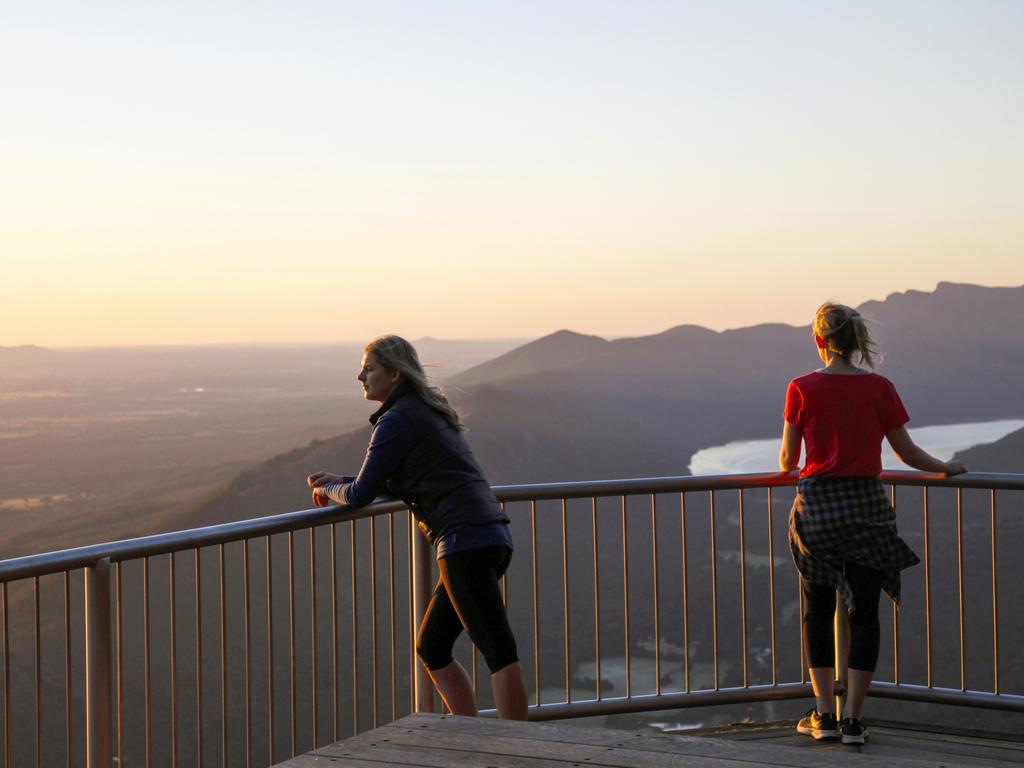
Change names that ‘cause offence’
The agreement states that the affected councils “have the means to offer significant on-ground and practical opportunities by which to improve the economic and social standing of Aboriginal people and communities within their municipal boundaries”.
Under a set of 39 “proposed actions”, councils are advised to engage the BGLC to recommend Indigenous names for “new local roads, bridges and public spaces”, “existing local roads, bridges and public spaces on WJJWJ land … with particular priority given to those local roads, bridges and public spaces that cause hurt or offence to the WJJWJ People”, and “establish a process for implementation of those recommendations, including payment of fees to BGLC for providing this service”.
Councils have been requested to install “appropriate signage”, fly the Aboriginal flag on council buildings, and attach plaques in public spaces acknowledging the traditional owners.
The agreement also proposes that councils consult or partner with the BGLC on nearly all aspects of local government business including planning applications, water and roads management, fire prevention, health and wellbeing services, local laws, rates and levies.
Councils should “consult with the BGLC in preparation of any new rating policy or strategy and commit to minimising rates and levies charged to the BGLC, or other entities wholly owned or controlled by the WJJWJ People”, one paragraph reads.
Another section calls for the development of a “framework for involvement of the BGLC in management of council controlled lands and waters”, adding that “recognition of the aspiration of WJJWJ People to be sole managers of their lands and waters should be a cornerstone of any such framework”.
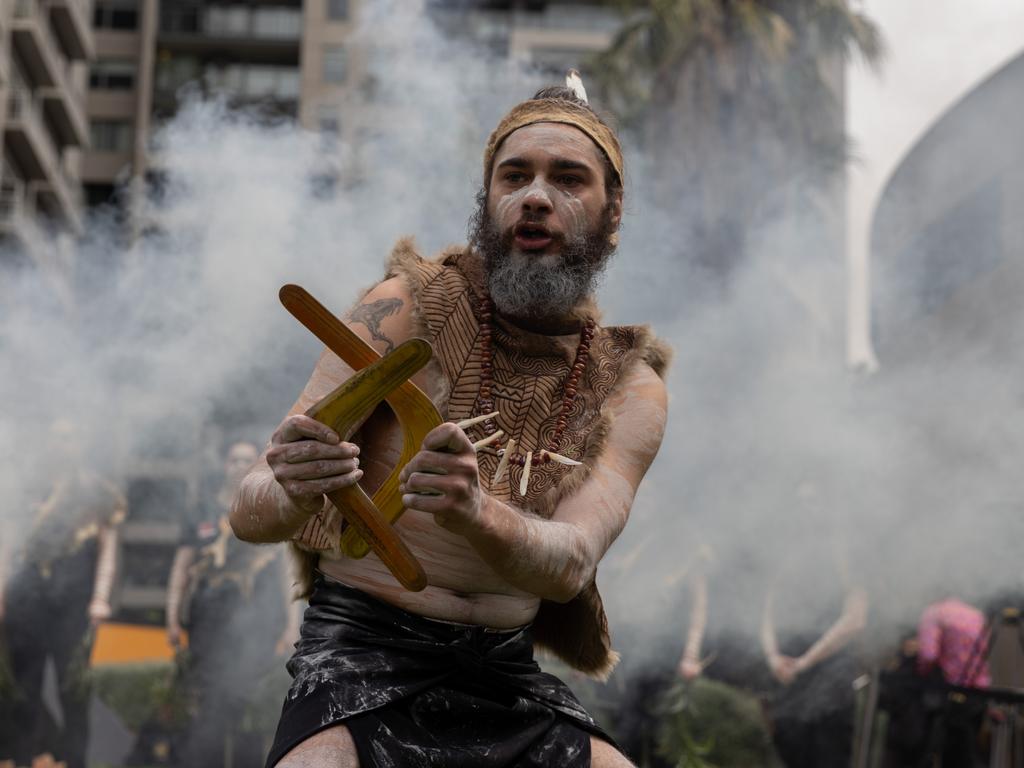
‘Preferential’ deals for Indigenous business
A series of “business support” proposals suggest councils should “establish a preferential contracting and procurement process under which council agrees to preferentially source goods and services from BGLC or other WJJWJ entities or businesses”, including in relation to natural resources management, cultural awareness training, equipment or machinery hire, and “other goods or services for which BGLC and/or its subsidiaries or members have relevant supply capability or expertise”.
Councils are also requested to “commit to preferentially employ appropriately skilled WJJWJ people”.
BGLC has been contacted for comment.
In a statement last year about the signing of the new agreement, BGLC chair Dylan Clarke described it as a “landmark moment for our people, culminating in 30 years of recognition for our people”.
“The settlement is a celebration of resilience and tireless work, though there is sadness for those we lost through the journey,” Mr Clarke said.
“The Board and WJJWJ family groups will take this time to honour our Elders and original trailblazers. We hope they’re looking down on us with great pride and will guide us to acknowledge our past and how we can shape our future by following Bunjil’s law for caring and protecting our Country.”
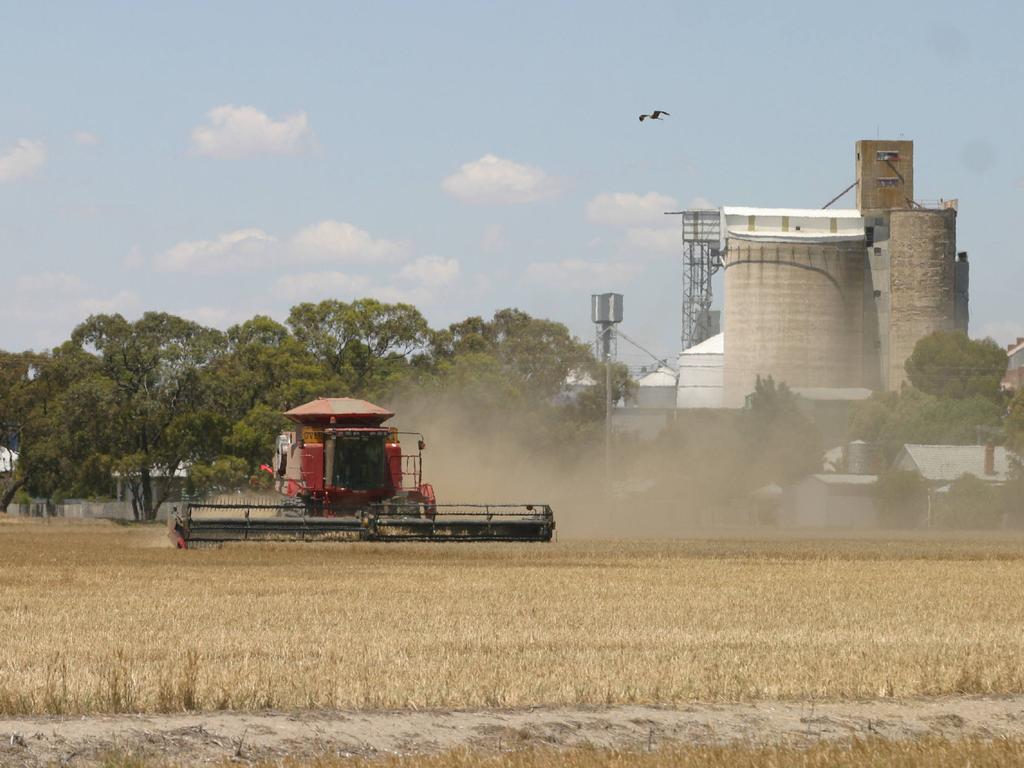
‘The community is unaware’
But mayors in the affected shires say they have grave concerns about being kept in the dark by the Andrews government, the potential costs and lack of funding to implement any of the proposals.
“The agreement was signed off just prior to the state election last year without any consultation or knowledge of the councils,” said Northern Grampians mayor Kevin Erwin.
“We only found out probably about a month ago now.”
Cr Erwin said it was still “early days” as there was no clarity on if and when the proposals would be implemented, but he feared the agreement could grind ordinary council business to a halt.
“Just as an example, I was talking to someone today, we’re trying to do a bit of work out at Walkers Lake out in Dja Dja Wurrung territory,” he said.
“We had them teed up to do some fencing, but we need a cultural heritage advisor to come in before we can actually do anything, so it’s slowed the process right down. We’re not sure what it will cost but if this is the way of the future it’s going to be hard to get anything done.”
Cr Erwin said the state government had not offered to provide any funding to councils to comply with the new agreement – and that ultimately ratepayers would bear the cost.
“They’ll be paying for it,” he said.
“It’s a huge area, it’s the biggest part of the state. It’s going to be quite onerous, I think. A lot of the small rural councils aren’t that well resourced either.”
Buloke mayor Alan Getley said it would be impossible to rename all the roads in his shire with Indigenous equivalents.
“We have a massive road network in our shire, it’s a huge cost to us we can’t afford,” he said.
“We might have a road that says Wilsons Road and we’ve got to put up a sign with an Indigenous name as well. We have 6000 kilometres of roads in our shire – imagine if we had to do that for every one. The cost of the signposts, just the labour to put them up would be enormous.”
Cr Getley added, “That said, we are talking with BGLC and if we can come to a working agreement we’re quite happy to sit down with them.”
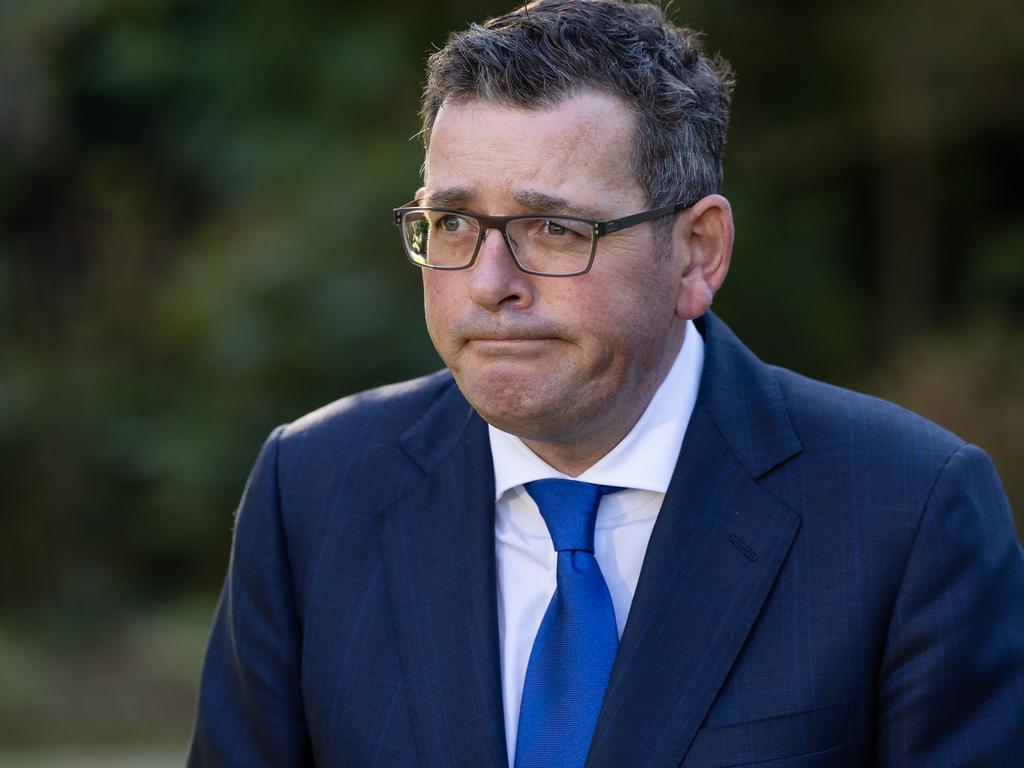
‘Andrews just went ahead’
He said Buloke council had been “aware there was an application in for a land titles claim for that area”, but “what we weren’t aware of was that the big agreement was done in Spring Street in Melbourne without any work on the ground”.
“The Andrews government just went ahead, didn’t provide any update,” he said.
“The agreement, I don’t want to sound racist here but it’s very one-sided – there’s a lot in the agreement about needing to offer them employment and tenders on some of our roadworks, which is outside the Local Government Act procurement policies. This agreement seems to basically ignore those and [suggest] they get first crack at some of these things.”
Cr Meyer also voiced concerns about the procurement proposals.
“If the land council owns a business they have first right of refusal for any procurement with no guidelines in it whatsoever,” he said. “If they own a concreting business and want to do footpathing, we have to give them the business at whatever price they tell us.”
Cr Meyer said “very few” councillors or members of the community were aware of the agreement. “The community is unaware,” he said, adding the budget implications for the shire were unknown.
“We have a very tight budget as it is, the state government’s not offering any support to help cover these costs they’re throwing at us,” he said.
“It’s not anger, it’s more just a bit of uncertainty and another cost shift from the state government, and more foreshadowing of what might happen with a Treaty. I think people see it heading in that WA direction.”
He said council was also concerned about the implications for “joint management of all council-owned land and waterways, what that means for community assets”.
“The actual [agreement] says BGLC will have ownership of them,” he said.
“We don’t know what that means for community-owned assets like sportsgrounds, recreation reserves, community halls, the town swimming pool. Are they going to have ownership of it? Who’s going to maintain it and pay the cost of these things if they’re handed over?”
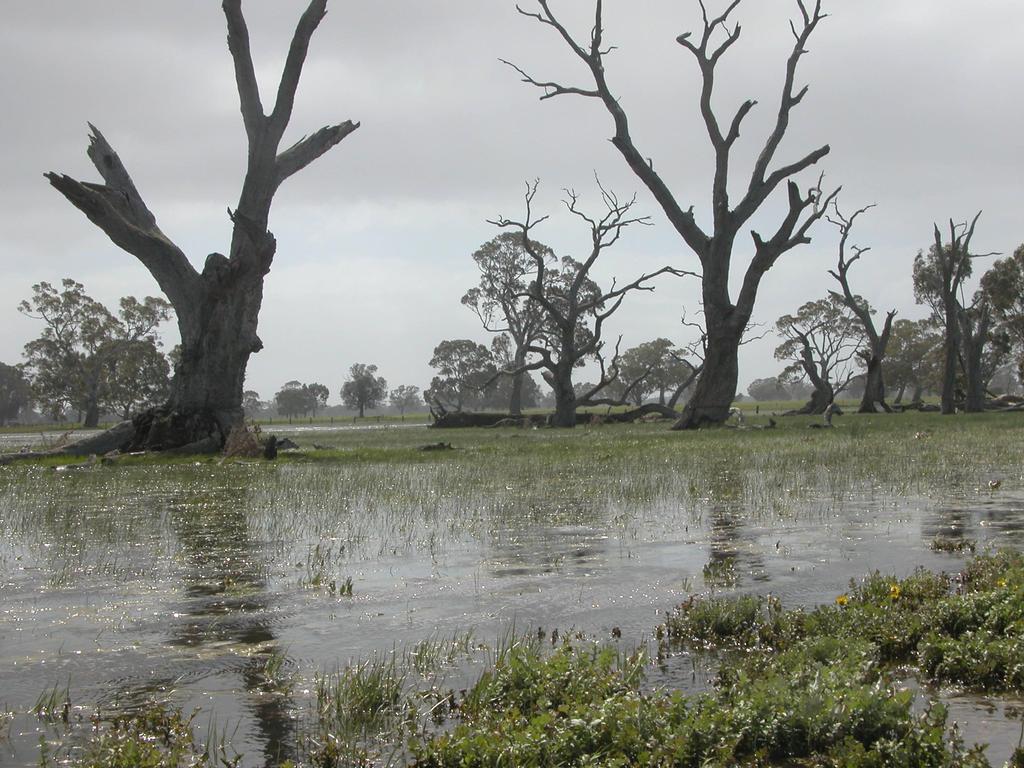
Mayor hits back at secrecy claim
Bev McArthur, state Liberal MP for Western Victoria, said in a statement responding to The Weekly Times article last month that there was “much to be worried about” in the “unprecedented” agreement.
Pyrenees mayor Ron Eason, however, disputed the characterisation by Ms McArthur and the other councillors that the agreement had been done in secret.
“I don’t think that’s accurate, really, because we know that it’s going on all across Victoria,” he said. “The state government is dealing with all First Nations people across Victoria to come up with these agreements, we’ve already got them in place for other parts of the Pyrenees shire.”
Cr Eason said “the way we’re looking at it” is the Victorian government and BGLC had “come up with this agreement and we’ve now been asked to work with the First Nations people to go through step-by-step and work out how we can work together”.
“We’re currently in the process of looking at the agreement that’s been reached, we’re discussing it internally and with the First Nations people, so it’s still in the negotiation stage from our point of view, discussions are ongoing,” he said.
Hindmarsh mayor Brett Ireland said he hadn’t seen the document and “I can’t say I’m all over that at the moment”.
“We haven’t had a council meeting since it came out so we haven’t had a chance to sit down and discuss the whole matter,” he said.
Cr Ireland added, “We’re proud of our relationship with Barengi Gadjin Land Council and we look forward to having a long, ongoing relationship with them.”
Mildura mayor Liam Wood, Yarriambiack mayor Graeme Massey, Horsham mayor Robyn Gulline and Ararat mayor Jo Armstrong did not immediately respond to requests for comment.
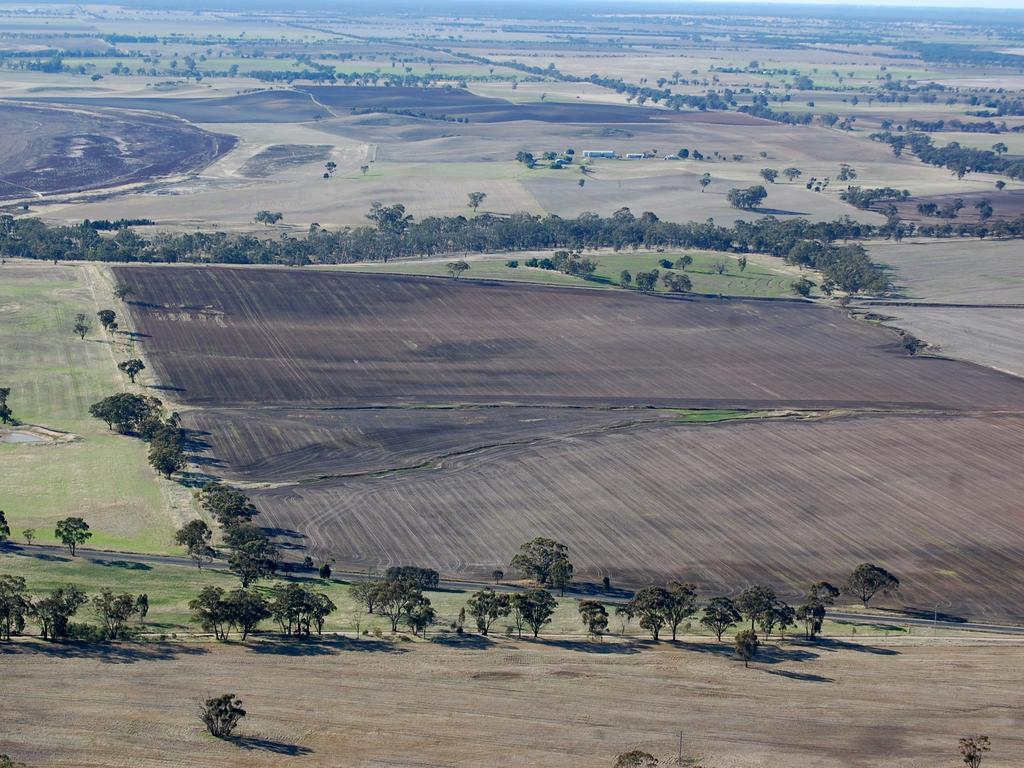
‘Does not impact current laws’
A spokeswoman for the Department of Premier and Cabinet said in a statement that “claims made about the recent Recognition and Settlement Agreement signed between the Victorian government and the Barengi Gadjin Land Council are inaccurate”.
The Victorian Traditional Owner Settlement Act 2010 provides for an out-of-court settlement of native title. The Act allows the Victorian government to recognise traditional owners and certain rights in Crown land.
On June 23, BGLC held a workshop at Horsham Town Hall, attended by state government executives, local government CEOs and BGLC board members, to discuss implementation of the agreement.
“The new agreement with Barengi Gadjin Land Council does not impact current council laws and regulations and does not contain legal obligations for local councils,” the spokeswoman said.
More Coverage
“The Victorian Traditional Owner Settlement Act has been in place since 2010, and this is the fourth such agreement signed by the Victorian government and Traditional Owners – some agreements have been in place for more than a decade and have contributed towards true self-determination for Victorian Traditional Owners.”
She added, “In addition to progressing Traditional Owner Settlements, the Victorian government is progressing Treaty, Truth and genuine self-determination for First Nations People, and we encourage local government to work with us and Aboriginal people to deliver the benefits this will bring all Victorians.”





